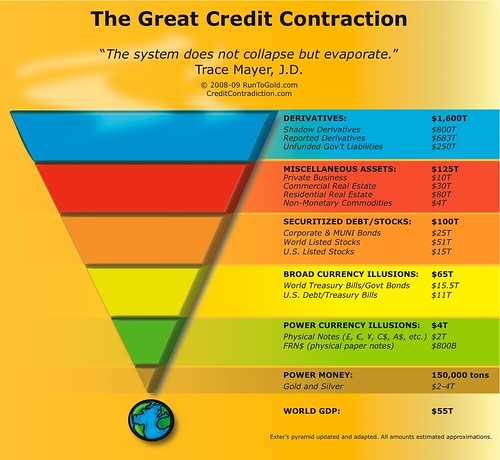Ron
New Member
Should I sell my condo now, if prices are going to drop then that not good. I bought my condo during the wall street crash in 2008-2009, got a good price and could make some money if I sell now.
That could be the very reason why Toronto pre-con is so attractive. The world economy is getting the shit kicked out of it and Toronto is an island of stability. So international investors are parking money in Canada.
Should I sell my condo now, if prices are going to drop then that not good. I bought my condo during the wall street crash in 2008-2009, got a good price and could make some money if I sell now.
You can't expect prices to get down each year.
Even a months interval, prices tends to increase from 1% to 10% and above.
???
so you're saying one shouldn't expect prices to go down annually, but we SHOULD expect the annual 10% appreciation ?!?!?
This in the Globe and Mail today:
http://www.theglobeandmail.com/repo...ashes-home-sales-forecast/article1786967/CREA slashes home-sales forecast
TAVIA GRANT
Globe and Mail Update
Published Friday, Nov. 05, 2010 9:30AM EDT
Last updated Friday, Nov. 05, 2010 9:38AM EDT
The Canadian Real Estate Association slashed its forecast for home-sales activity Friday, saying activity will decline this year and next.
National sales activity is now expected to fall 4.9 per cent this year and sales will tumble another 9 per cent next year.
Lackluster economic and job growth, muted consumer confidence, and the resumption of interest rate hikes next year are the main reasons behind the lower forecast.
I think you should read their studies before saying that
CREA have now adjusted their forecast down by 18.2%!!!! (from an increase of 13.3% to a decrease of 4.9%) This just goes to show you that these people are either a) completely living in a bubble of their own, b) unadulterated shills, c) not to be trusted, d) all of the above or e) just plain stupid. While e) would honestly be my preferred choice I think the more accurate answer is d) - this is tragic and hopefully the Canadian homepurchaser/seller will punish the industry and use the new competition rules to list for next to nothing. Can't wait to see how this news gets spun.
National sales activity is now expected to fall 4.9 per cent this year and sales will tumble another 9 per cent next year.
Lackluster economic and job growth, muted consumer confidence, and the resumption of interest rate hikes next year are the main reasons behind the lower forecast.
Well which side are you deciding to jump on - hold cash lose value / hold things risk of burst? Or shall we say half half, cashing out half of your asset and equity is the optimal way?





